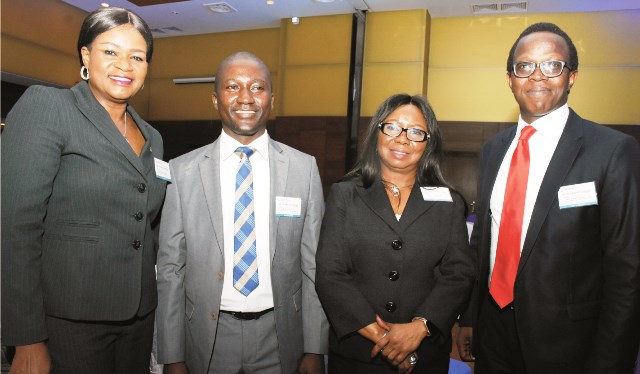Business
Manufacturing Sector Capital Import Rises By 88%

Nigeria’s manufacturing sector’s total capital importation rose by 88.17 percent in the first half of the year ended June 30, 2023.
Data released from the National Bureau of Statistics (NBS) showed that inflow into the sector jumped to $861.17 million in the first half of 2023, from $457.66 million in the first half of 2022.
The data also showed that the share of inflow to the manufacturing sector to the total capital inflow for the six month period rose to 39.81 percent in first half’23 from 14.73 percent in first half’22, representing a 25.08 percentage point increase. Total capital importation in H1’23 stood at $2.163 billion.
Also, inflow through the sector increased Quarter-on-Quarter basis by 136.2 percent to $605.04 million in Quarter2 of 2023, as against $256.12 million in Quarter1. This also represented 58.73 percent of total capital imported in Q2 2023.
The sectoral breakdown shows that the manufacturing sector recorded the highest inflow during the period, followed by the banking sector, which attracted $499.14 million.
The information and technology services, financing, and shares sectors ranked among the top five sectors of interest.
An economic and investment strategist, Smith Akinbode, had expressed surprise at the surge in inflow into the manufacturing sector, saying it was more of an outlier.
“I don’t think there’s a broad economic explanation for what happened. It is likely a situation whereby a major piece of equipment was imported into the sector.
“You will recall that sometime in 2018, Aliko Dangote imported one equipment for his refinery and that sort of boosted imported capital and foreign trade as at that time. That may be what also happened in this case”, he said.
He however, noted that the fact that the surge seen during the period was an outlier would make it difficult to sustain the trend going forward.
“The economic fundamentals that should aid improvement in capital importation through production and manufacturing are not there. Foreign Exchange (forex) remains a problem; the business operating environment also remains quite difficult.
“Higher dollar interest rates, the liberalisation of the Naira and the FX supply challenges are likely to put a strain on the ability of Nigerian businesses to service dollar obligations.
“Companies that have foreign operations or FX earnings are better positioned to service dollar obligations.
“Therefore, Nigerian producers/manufacturers need to produce not just for local consumption, but also to export, in order to improve dollar supply and bolster the economy”, he noted.
By: Corlins Walter
Business
NCDMB, Jake Riley Empower 250 Youths On Vocational Skills

Business
NUJ Partners RSIRS On New Tax Law Education

Transport
Nigeria Rates 7th For Visa Application To France —–Schengen Visa

-

 Sports3 days ago
Sports3 days agoArsenal Women End Man City’s Invincibility
-

 Sports3 days ago
Sports3 days agoU-20 WWC: Falconets claim qualifier win
-

 Sports3 days ago
Sports3 days agoInsurance Deepen Enyimba’s Trouble
-

 Sports3 days ago
Sports3 days agoYouth Olympics preparation Gears up
-

 Sports3 days ago
Sports3 days agoCologne Youth Team Set Crowd Record
-

 Sports3 days ago
Sports3 days agoTornadoes Set For NPFL exit over Stadium Ban
-

 Sports3 days ago
Sports3 days agoPalmer Stars As Chelsea Compound Wolves Woes
-

 Sports3 days ago
Sports3 days agoBarca Pull Out Of Super League Project

